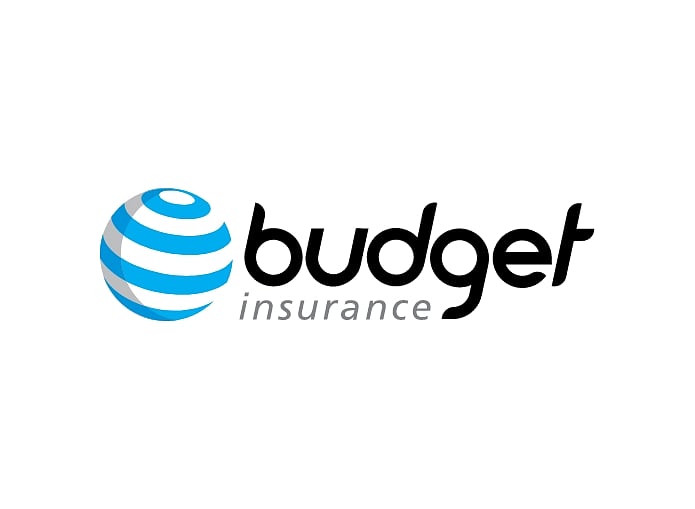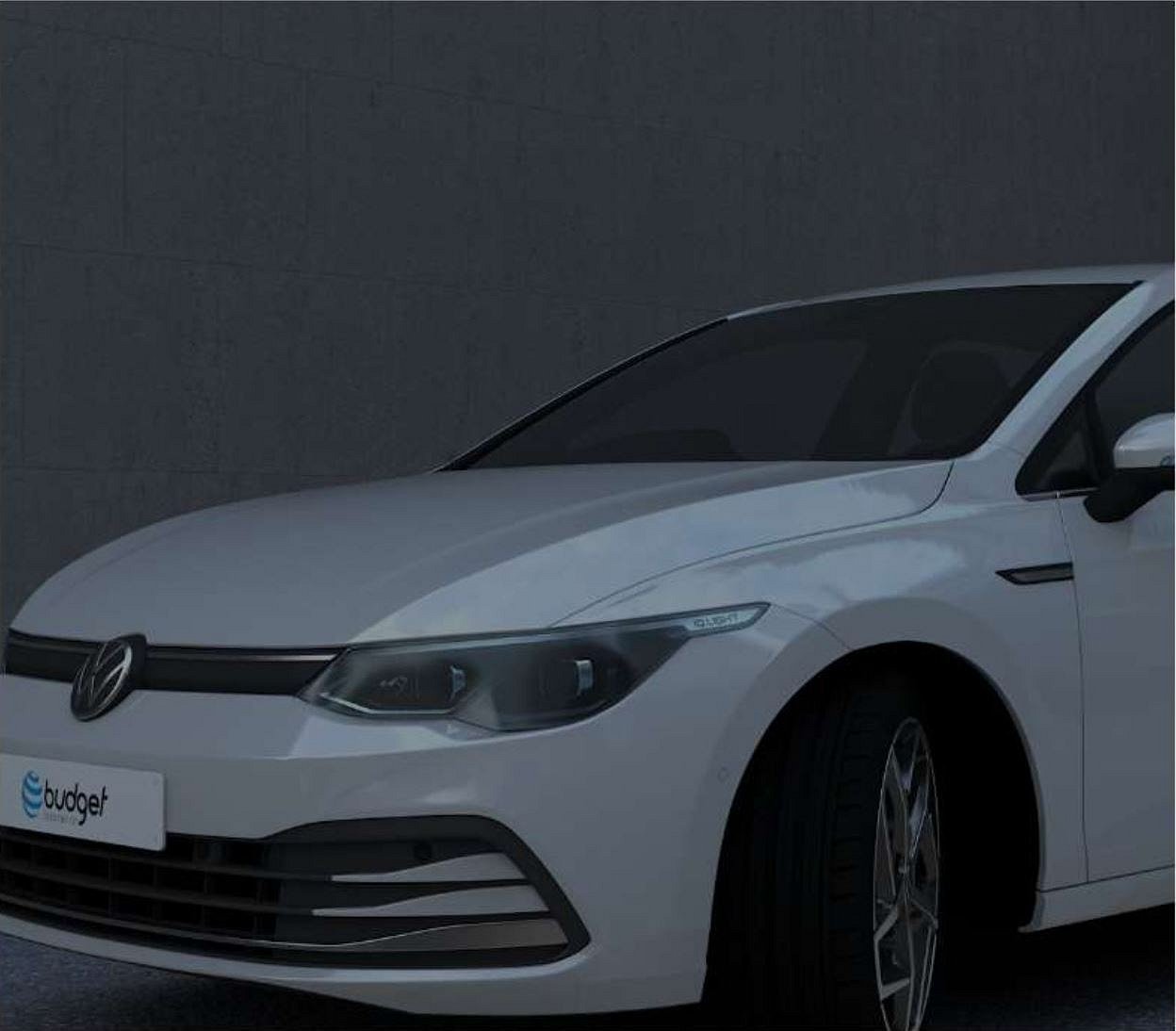Its all Insurance
Which Tech Gadgets Need Portable Possessions Insurance?

Its all Insurance

As a boating enthusiast, you spend time on your boat to relax, whether you're heading out into the ocean or lazily bobbing around one of South Africa's many lakes and rivers. While aware of the most common boating risks, you wouldn't want to spend your time worrying about costly mishaps. Boat Insurance isn't a license to behave recklessly, but the protection it provides can allow you to relax every time you take your boat out.
At Budget Insurance, we understand the importance of balancing affordability with comprehensive coverage. In this guide, we take you through the essentials of selecting Watercraft Insurance that fits your specific needs.
Much like there is a difference between insuring the family car and a car used purely for business purposes, Watercraft Insurance is split between commercial use and personal recreational use. At Budget, we specialise in Watercraft Insurance for recreational use. However, it is still worth understanding how the two types of insurance differ.
Commercial Boat Insurance
Commercial Boat Insurance is intended for boats or watercrafts used in business operations. Examples of this include fishing charters, cargo transport, and tour boats. This insurance type is designed for a range of risks specifically associated with business activities on water. These include:
Liability coverage: Protects against legal liability for injuries to passengers, employees, and third parties.
Commercial equipment and cargo: For a boat transporting goods, this ensures that both the vessel and its cargo are protected.
Business interruption: Compensates for lost income if your commercial boat is out of service due to damage or repairs.
Given the nature of commercial boating, these policies need to be tailored to the specific activities and risks involved.
In contrast, Recreational Boat Insurance is meant for boats used for personal enjoyment[1]. This could be a speedboat, a sailboat, or a fishing boat you use on weekends. As such, the cover is designed for risks associated with non-commercial activities. This includes:
Damage and theft protection: Covers repairs or replacement costs if your boat is damaged in an accident or stolen.
Liability coverage: Protects against legal liability for injuries or damage to other boats and property while you’re out on the water.
Salvage and repatriation cover: Covers the cost of salvaging and returning your stranded or sunk boat to the nearest port.
Still not sure which Watercraft Insurance you need? Consider the following examples that illustrate the difference. If you operate a boat tour business along the coastline of Cape Town, you need Commercial Boat Insurance to cover passenger liabilities and business operations. However, if you own a sailboat that you and your family use for weekend trips with family on the Vaal River, Budget's Watercraft Insurance would provide the coverage needed.
The 8 best practices for choosing the right Boat Insurance
Even if you only need Recreational Watercraft Insurance, it is still essential to consider your needs and look for a policy that provides the right cover. That way, you can truly relax when you're out on the water with family and friends.
A sailing yacht might not need the same amount of coverage as a sport fishing boat. So, you're not only looking at your boat type, but also where and how it is used. Is it only leisurely cruising on lakes and rivers, or do you head out into the open waters? Further to this, do you store your boat at home, at a marina, or in a storage facility?
In needs assessment, you must consider:
Type of watercraft
Storage
Usage
Place of Use
2. Evaluate coverage options
Damage and theft protection, along with third-party and liability2 is standard in most Watercraft Insurance policies. However, the best watercraft insurance policies include cover for the cost of salvaging, finding, and repatriating stranded and sunk boats.
Optional add-ons for specific risks can be important, too. Watercraft Insurance typically only covers the boat, machinery and motors, and standard fittings, equipment and accessories. Check if additional coverage is available for trailers, fishing gear, and personal effects, along with cover for injuries and emergency services.
There are two primary types of value-based coverage for boats: agreed value and actual cash value. These influence your premiums, but also how much your insurer will pay out if your boat is a total loss. Agreed value is typically better for new and high-value boats as it doesn't consider depreciation.
4. Look at deductibles and premiums
Insuring your boat for actual cash value isn't the only thing affecting your premiums. Choosing a policy with a high deductible can also mean lower premiums. Which you decide on depends on your risk tolerance and your budget.
Though not always promoted, some insurers might offer discounts if you have completed a boat safety course, have specific safety equipment on board, or if you already have other policies with the same insurer. Where you store the boat and only using it for a short period each year could also see you qualifying for a discount.
By now, you know that commercial activity is specifically excluded with Standard or Recreational Watercraft Insurance. As are any personal possessions. However, you could also be limited to only using your watercraft on inland waters, or within a certain distance of the shore at sea. Locally, this usually means the territorial waters of Southern Africa, no further north than the 23rd parallel south.
In addition to specific exclusions, check the policy for any other conditions you should know about. Strict claims rejections usually apply to damage resulting from wear and tear, along with any damage caused by lack of maintenance, or operating the boat under the influence. Similarly, claims will be rejected by most insurers if the boat was not operated by you or someone with your permission.
There is always a chance that your usage patterns, or how you transport or store the boat will change over time. You might even make some modifications to your boat that affect the value. Reviewing your policy annually and discussing changes with your insurer is strongly recommended. This ensures you always have the coverage you need and aren't faced with any surprises when trying to make a claim.
Get a Boat Insurance quote from Budget
Take the first step towards protecting your boat, whether it's South Africa's coastal waters that call to you or weekends in Gariep. Get a Boat Insurance quote and find out how Budget Insurance can provide you with comprehensive coverage at an affordable price.
